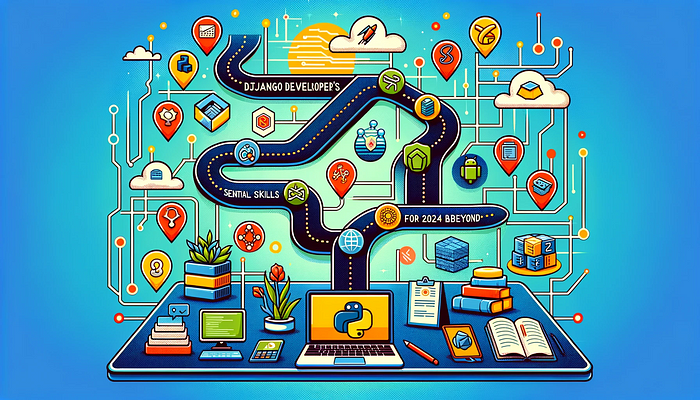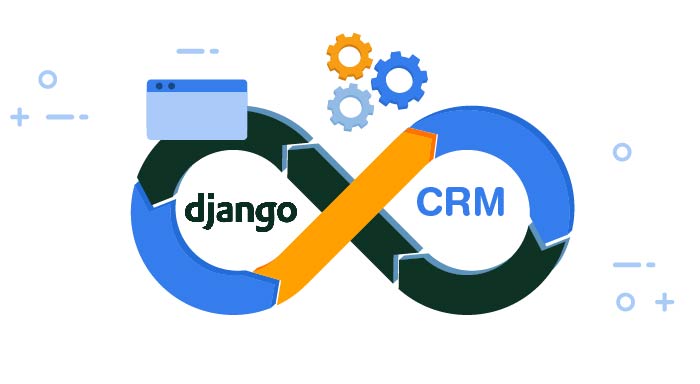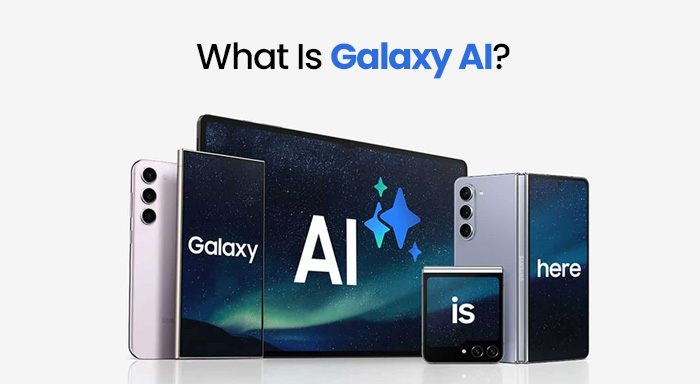A high-level Python web platform called Django is known for coming with all the tools and features you could need right out of the box. It has a strong URL routing system, easy database changes, and strong object-relational mapping (ORM). Within the mentioned features, Django has become a perfect solution for complicated web apps such as Customer Relationship Management (CRM) systems, and so on.
The incredible abilities of Django allow you to handle large loads, safer user login, and session management task. Additionally, the integration of Django with the CRM system enables you to smoothen your customer relationship management handling task and enhance productivity as well.
To fully leverage the capabilities of Django for developing robust and scalable web applications, consider engaging with Django development services from Django Stars. The adept team of the Django platform is consistently crafting innovative and effective online solutions that are tailored to meet diverse business and individual needs.
Roman Osipenko, the CTO at Django Stars, says, "Django's built-in scalability and flexibility make it a great choice for startups and established businesses that want to grow their digital footprint."
This means the built-in flexibility and scalability of Django can improve the online visibility of businesses that are thinking of being a market holder by holding on their brand’s footprint.

Technical Approaches to Integrate Django with CRM Platforms
API-Based Integration Techniques
One of the most effective methods to integrate Django with various CRM platforms is through API-based integration. This involves the practicality of RESTful APIs that allow Django applications to communicate with CRM systems and enable actions such as retrieving customer data, updating records, triggering CRM workflows, and more. Developers can use Django’s REST framework to create API endpoints that CRM systems can interact with. This framework required a range of authentication mechanisms that help in providing the serialization which is compatible with CRM to easing the entire and complex integration process.
For data synchronization, webhooks can be implemented to trigger updates between Django applications and CRM platforms in real time. This helps in ensuring the bi-directional actions of both platforms (data across both platforms) to keep both applications up-to-date, consistent, and well-working for a seamless user experience and reliable data accuracy.

Custom Middleware Solutions
Another technical approach is to develop custom middleware within Django that can connect directly to CRM platforms. Middleware acts as a bridge handling requests and responses within the Django app lifecycle. This custom middleware can be designed to authenticate API calls to the CRM, manage data payloads, and handle errors gracefully. It’s particularly useful for scenarios where businesses have unique requirements that are not sufficiently addressed by standard API integrations.
Creating custom middleware requires a deep understanding of both Django’s middleware structure and the CRM’s API documentation. Whereas, developers have to be sure that the middleware is able to handle the session management, secure data transmission, and function well to provide sufficient logging for troubleshooting and monitoring integration health.
Primary Benefits of Integrating Django Stars with CRM Software
Integrating Django with a CRM platform brings several advantages:
- Enhanced Data Management: Django’s ORM allows for efficient data operations that can be synced with CRM data, leading to improved data integrity and ease of access.
- Improved Customer Insights: Once the integration will get done, the user would be able to pull detailed customer interactions and behavior data into Django applications and enable more personalized user experiences to targeted marketing strategies for further.
- Streamlined Operations: Automation of workflows between web applications and CRM systems reduces manual data entry errors and saves valuable time.
What Challenges You May Have to Face While Integration?
Developers may encounter several challenges during integration:
- Data Consistency: Ensuring that data remains consistent across both platforms can be complex, especially with frequent updates.
- Security Issues: Safeguarding data during transmission between systems requires robust security protocols to prevent data breaches.
- API Compatibility: CRM platforms frequently update their APIs; maintaining compatibility with these changes can require regular updates to integration code.
CRM Platforms that integrate more seamlessly with Django
Certain CRM platforms like Salesforce, HubSpot, and Microsoft Dynamics offer well-documented APIs that are known to integrate more smoothly with Django. These platforms offer an extensive support system and flexible APIs that assist in making the integration process easier with web frameworks
Choosing a CRM should be based on the specific needs of the business, the complexity of integration desired, and the level of support provided by the CRM vendor for developers.
Conclusion:
This detailed guide will help developers understand the concept of integrating the Django Star platform with CRM software applications. Plus, will assist you in understanding how important it is to pick the right connection strategy for enhancing the application’s functionality and making the operations smoother.
Related Posts
6 Excellent Collaborative CRM Tools
Top 9 Open Source CRM Software
CRM Integration with Website: What key benefits you will get?
How CRM Integration Supercharges Your ABM Strategy
Author’s BIO

With 15 years of experience in CRM, I specialize in developing plugins for SuiteCRM and SugarCRM. My notable creations include SuiteCRM Email to Lead, SuiteCRM BCC Archiver, and SugarCRM Mailchimp. My expertise lies in enhancing CRM functionalities to drive business efficiency and growth.
Additionally, I create content on YouTube, sharing insights and tutorials on CRM solutions to help businesses enhance their efficiency and growth.



